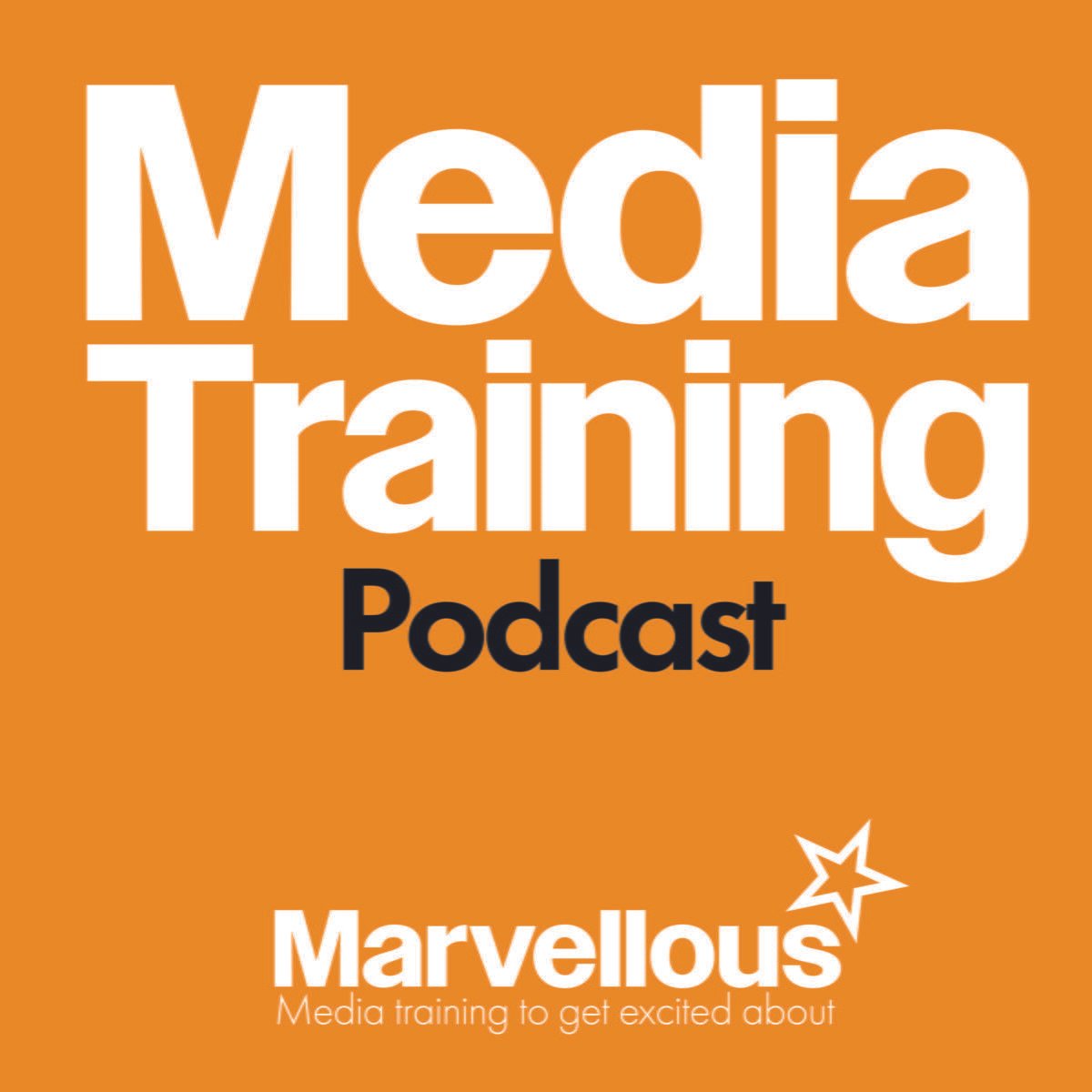
Media interview preparation checklist
Media interview preparation checklist. Today, Let's create a media interview preparation checklist. Sharpen your pencil. This is for you if you've been invited on TV, Radio or a podcast. It'll help you get your ducks in a row before you appear on air.
Ok, Let's get started.
1. Research the media outlet and journalist
Before you go into that interview, it’s crucial to do a bit of digging. Who's this journalist and what's their outlet all about? So, if they're from the BBC, are they from a specific show? Are they a national or regional reporter? Understanding this really shapes how you'll prepare. A lot of journalists are pretty focused on their field, so knowing their background can help you understand the types of questions they'll ask and their style of interviewing.
2. Watch or listen to their content
Check out their show, programme or past podcast episodes. Specifically, go to the show you'll be on and watch or listen to that time slot.
What happened last time at 8.15am? Or whatever time you're going to be on. It's super helpful to get the lay of the land. You'll get a sense of the show’s format, the kinds of questions they ask, and the overall tone – whether it’s punchy or more laid-back. Recognising the key themes and how long they usually chat for, also helps you tailor your responses.
3. Identify your role as a contributor
Is the story about you and your business, or are you being asked to appear as an expert? This is really important. Are you stepping in as someone directly involved in the story, or are you there as an expert to give some context? This really influences how you tackle your answers. If you’re part of the story, what angles might you be asked? What detail, or explanation could be required? Will you need to defend yourself or a decision? Preparation is key. As an expert? You’re there to give the bigger picture, opinion, comment and insight.
More media training guides and podcasts

Is it ok to ignore a journalist?

Building your personal brand so journalists find you first

Media interview quick-start guide
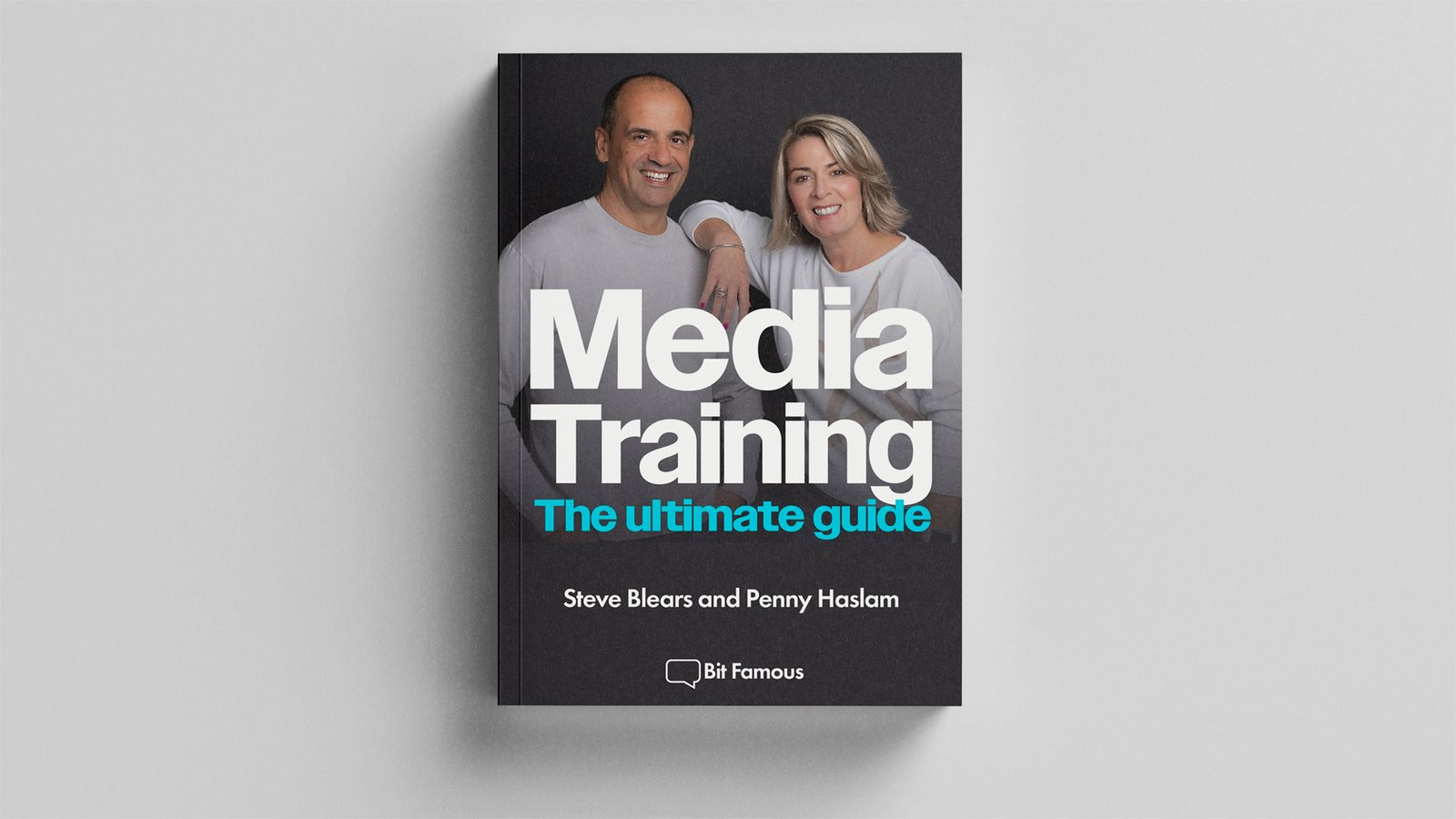
Media training book
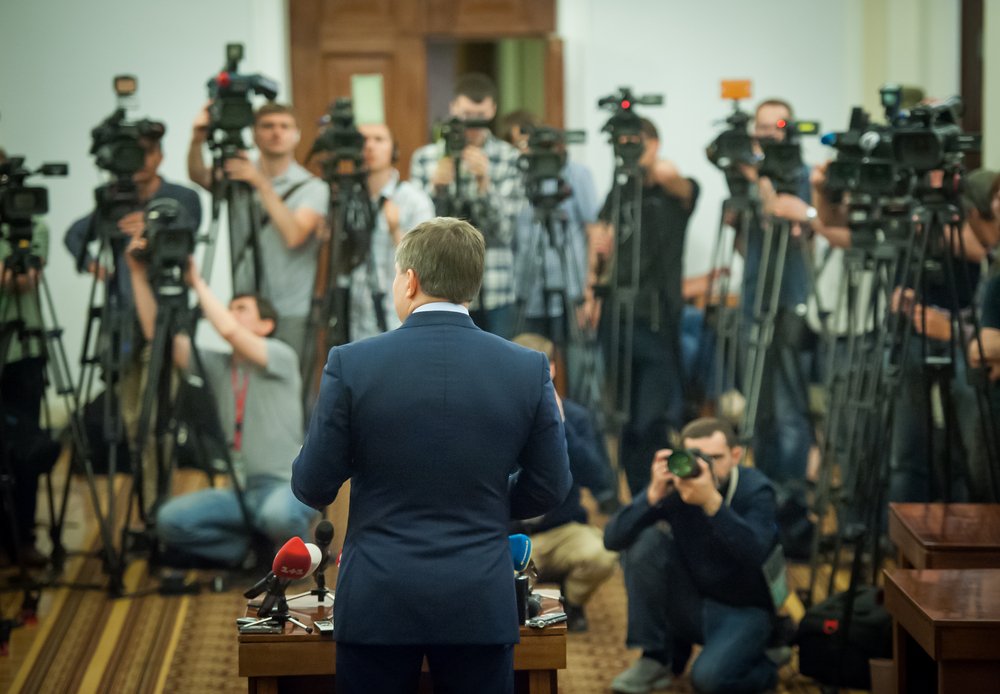
How to hold a press conference
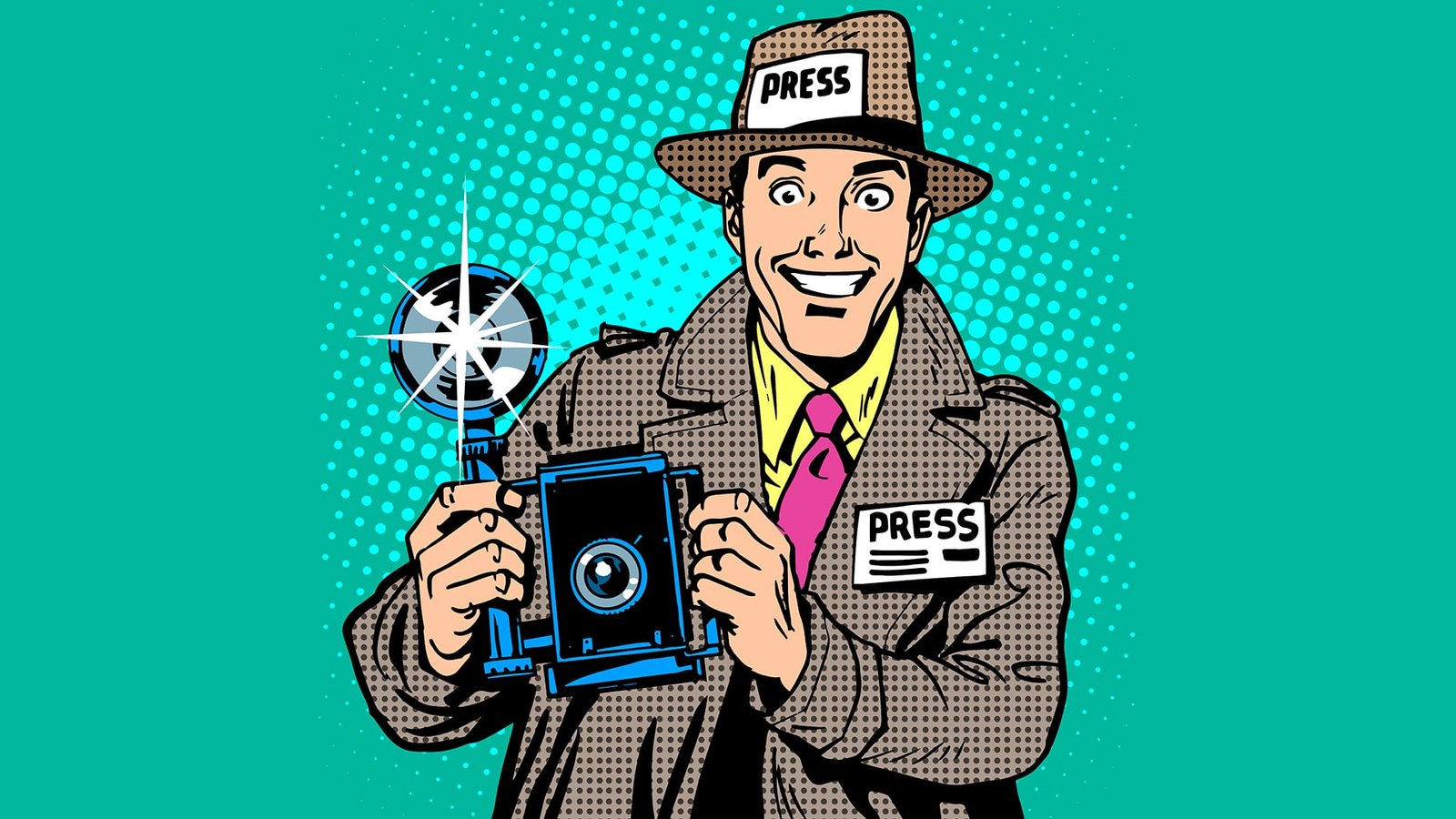
Time for a media training refresher?
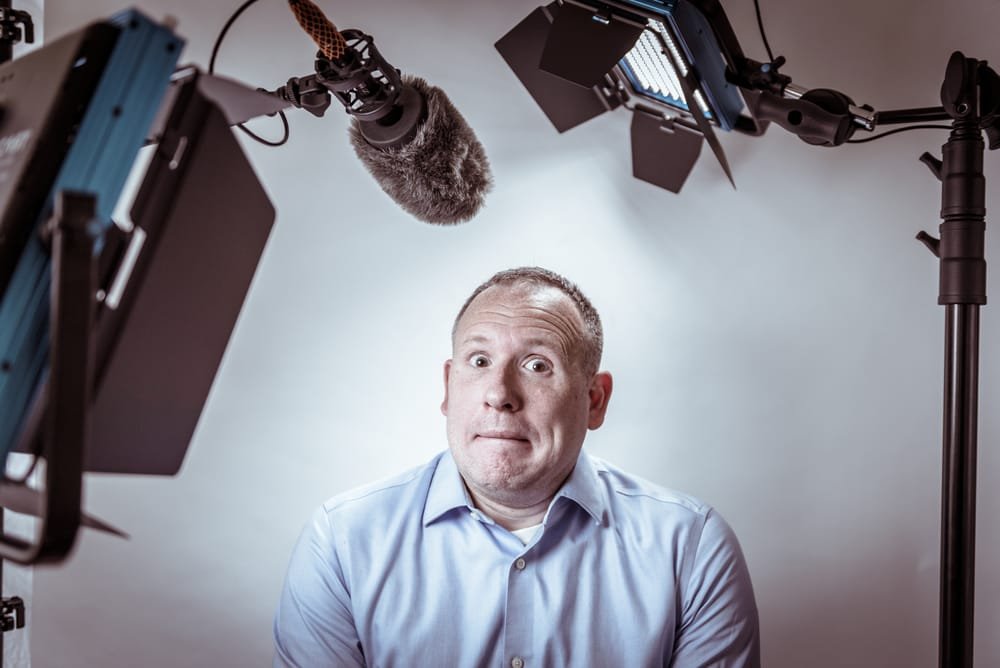
How to get your boss on board with media appearances

Is it okay to say “I don’t know” in a media interview?
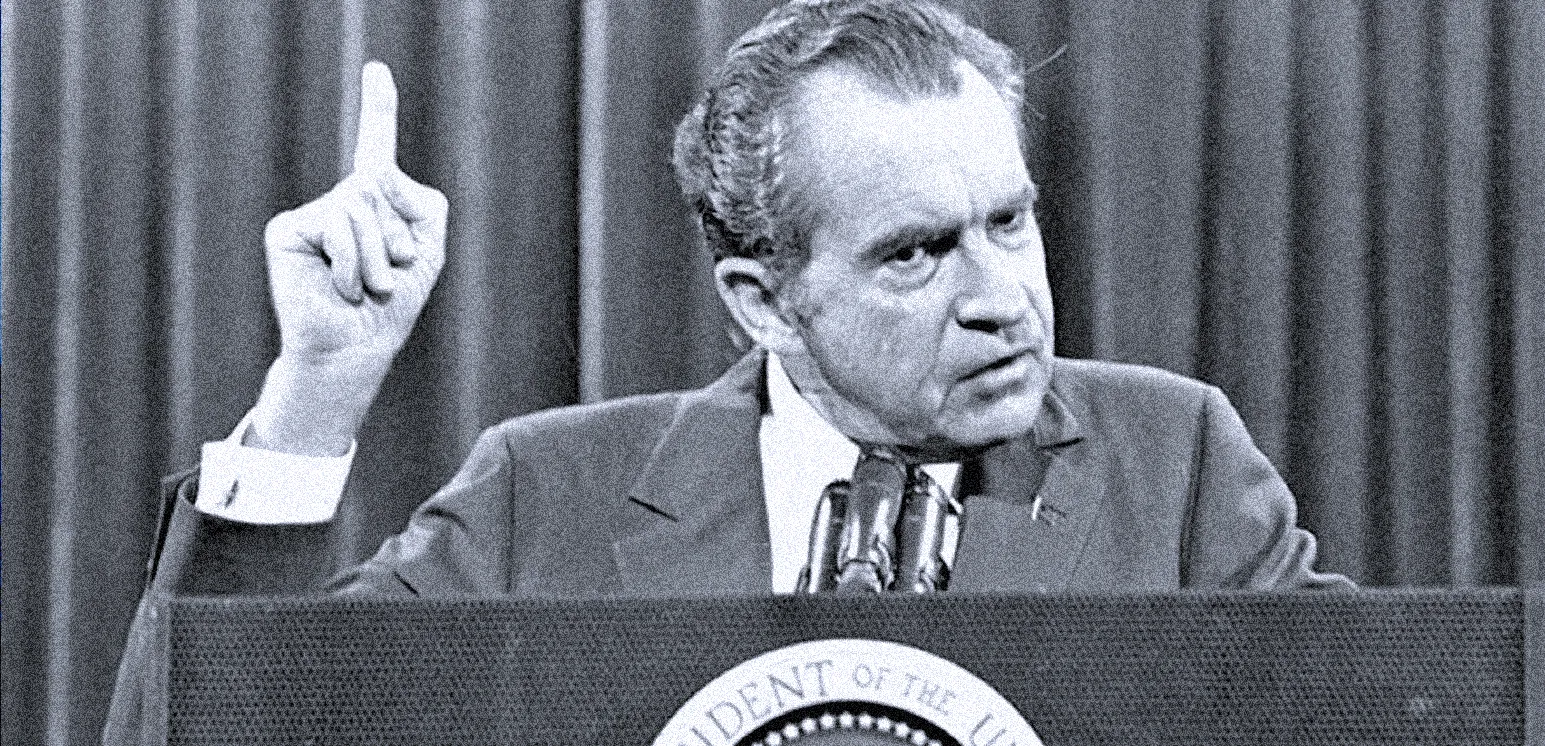
Why should you avoid repeating negative questions in media interviews?

How to look and sound relaxed in a media interview, performance tips

Mastering profile interviews in the media

Media appearances, the unwritten rules

Public apologies, how to say sorry in the media and mean it

Why off-the-record journalism is riskier than you think
4. Engage your team
This is so important. Don't work on this alone, team up with your PR or marketing people to talk it over. Failing that a trusted or savvy colleague. They can give you moral support, help you practice and prepare and offer different perspectives and ideas.
5. Prepare Your Key Messages
This is about the points you'd like to make. Keep them short sweet and insightful. They should line up with what you know best and reflect your viewpoint. Aim for three main points that are relevant and easy to understand.
Remember, ignore the advice to constantly plug a product or business name, that's not a key message, it's just irritating. Do that and you will never, ever, ever be asked back.
6. Respond Promptly
When a journalist or producer reaches out (like the four tops), get back to them quickly. Time is of the essence in the media world, and hanging about could mean they move on to someone else. If you are a woman or from a diverse background, do not pass the buck by suggesting a balding overweight white colleague takes your place. There are already too many of them on TV and Radio.
7. Use pre-interviews as practice
What does this mean? It's those initial chats with journalists when they first approach you. Think of them as a bit of a practice run. They often hint at what’s going to come up in the actual interview. Treat it as a chance to get your thoughts in order and test run the ideas you'll later share on-air.
8. Prepare pithy stories or short anecdotes
People remember stories, not statistics. If you have a point to make consider the anecdote that accompanies it. So, for example, if your business is seeing an uptick with a particular product or service, why is that? What's the story that goes with that fact? Journalists love to ask, "For example?" So, what's your real-life experience that you can add to make it more interesting?
9. Don’t over-prepare
Do not sit down with a pen and paper scripting answers to questions that you imagine you might get. Journalists won't give you the questions in advance. Use mind maps or bullet points to bring ideas to the front of your mind. Practice five things to say and expect to say three of them. You may only be on air for a couple of minutes. Don't stay up all night writing War and Peace. You've got this, you've probably been invited on because of your expertise. You live and breathe that every day in your career without a second thought.
This brings us to. Finally.
10. Say your best stuff first
You may only be on air for a couple of minutes, don't hold back with your best points and ideas. Live studios in particular are busy places and presenters aren't always correctly briefed. So, remember to say your best stuff first.
So that's my checklist for media interview preparation, you'll find a downloadable copy on our site. Just google Marvellous media training.
Good luck, appearing in the media can be loads of fun and will make your competitors or business rivals furious.
If you or your team need help with media appearances, get in touch at hello@bitfamous.co.uk
Thanks for listening

Is it ok to ignore a journalist?

Building your personal brand so journalists find you first

Media interview quick-start guide

Media training book

How to hold a press conference

Time for a media training refresher?

How to get your boss on board with media appearances

Is it okay to say “I don’t know” in a media interview?

Why should you avoid repeating negative questions in media interviews?

How to look and sound relaxed in a media interview, performance tips

Mastering profile interviews in the media

Media appearances, the unwritten rules

Public apologies, how to say sorry in the media and mean it

Why off-the-record journalism is riskier than you think
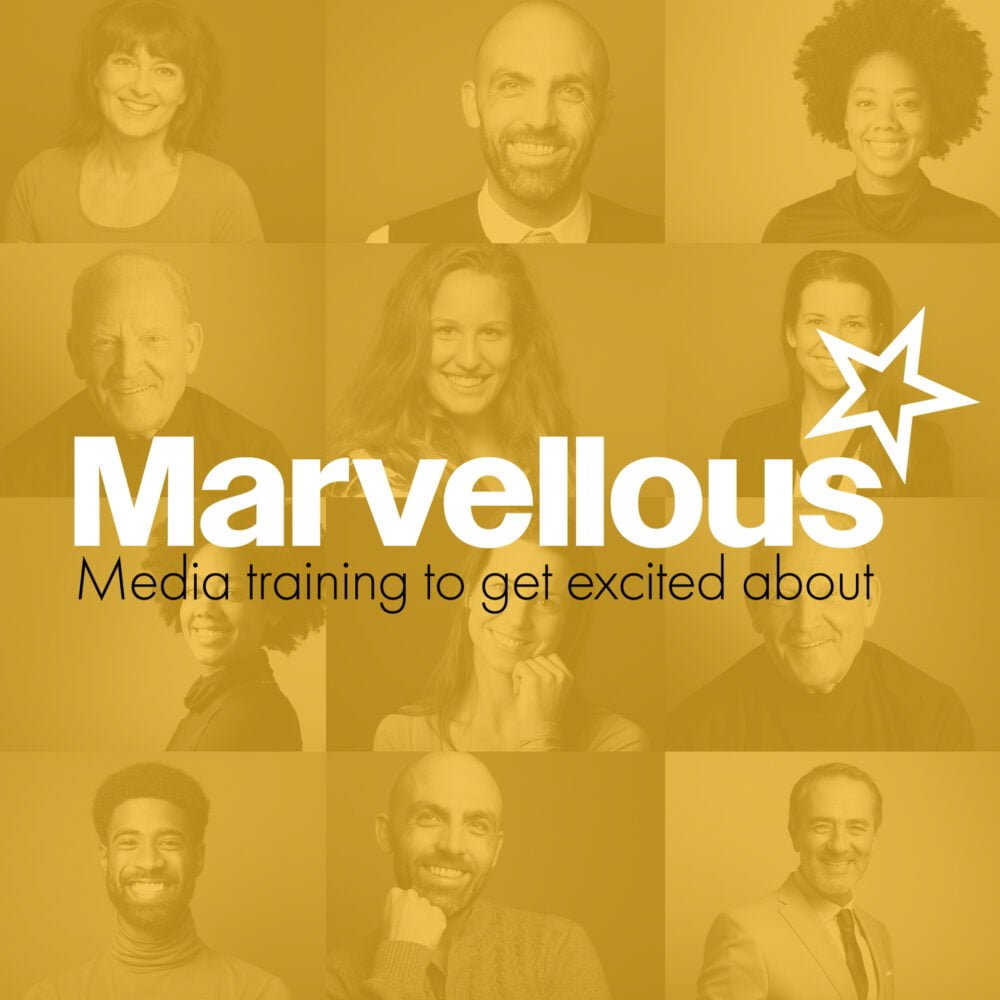
What are key messages in the media?

Give your leader feedback after a media interview

Why avoid corporate speak and office jargon in media interviews?
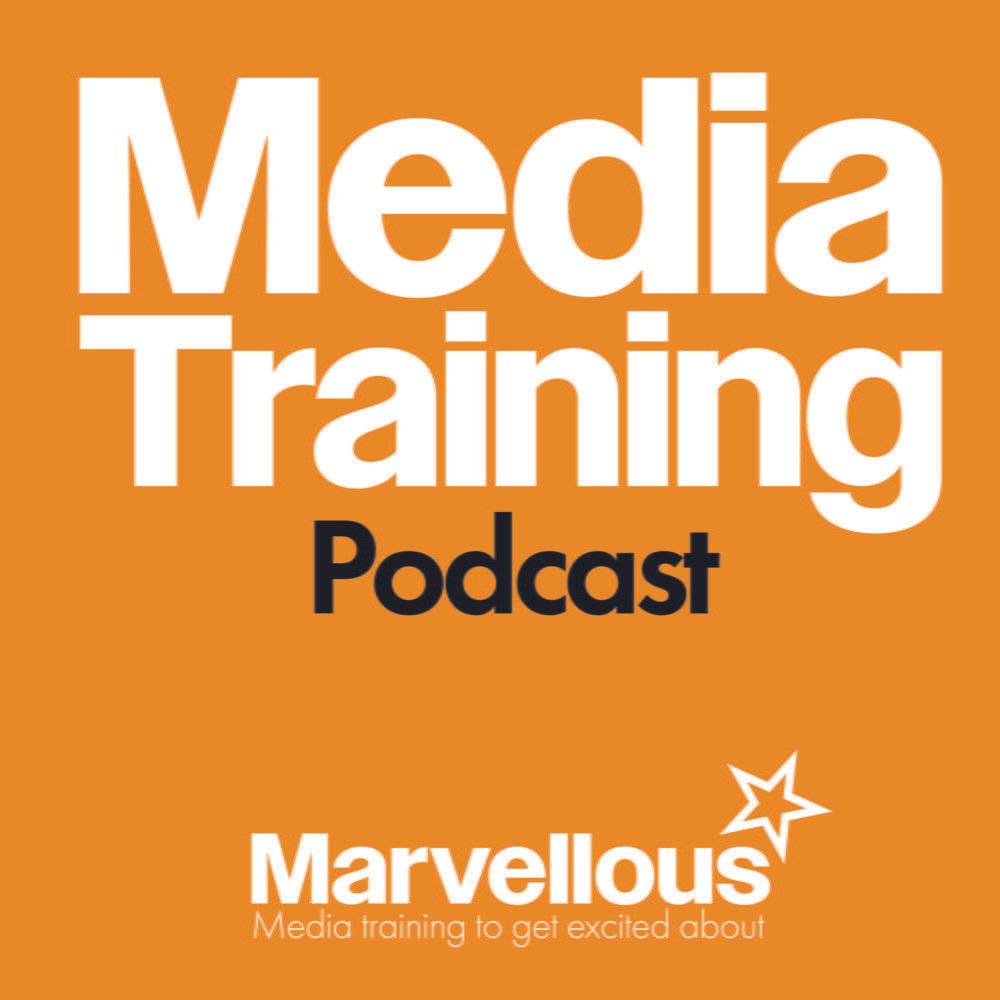
Media interview preparation checklist

How to create a founders’ origin story

How to answer hostile or negative questions from a journalist

How to be authentic in a media interview

Crisis Management: How to write a holding statement
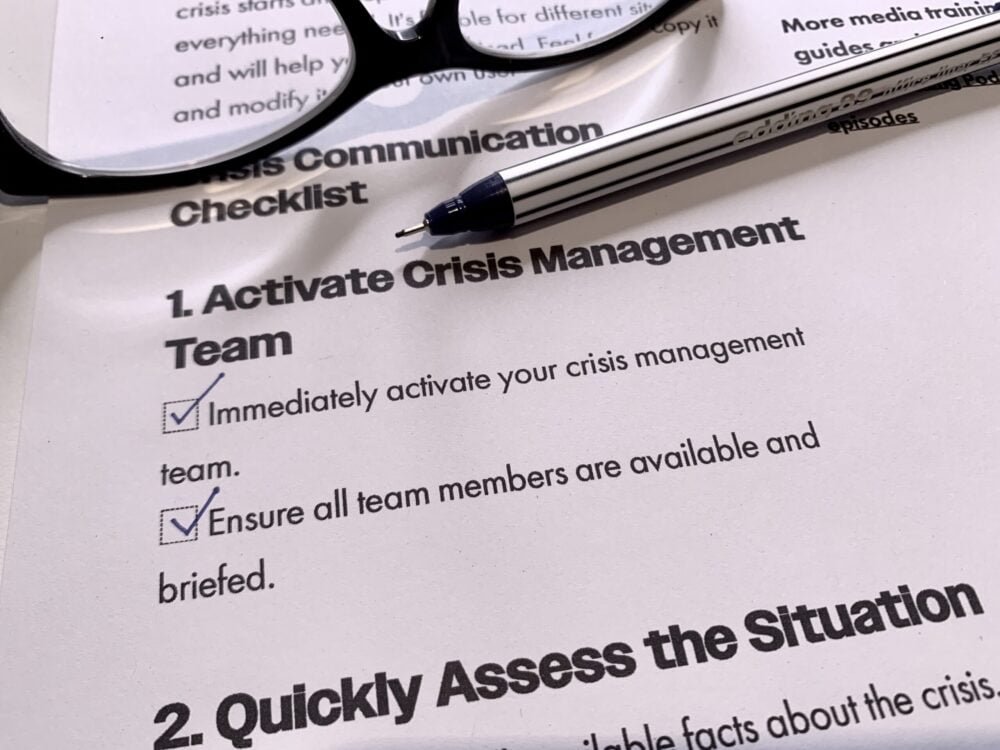
Crisis communications checklist
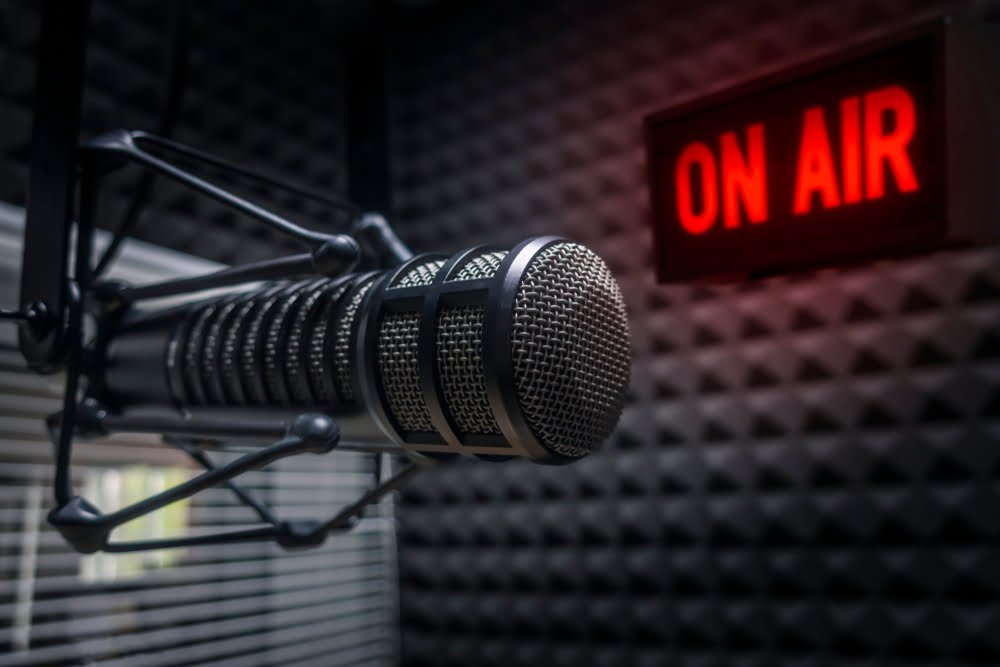
How to create a successful media soundbite
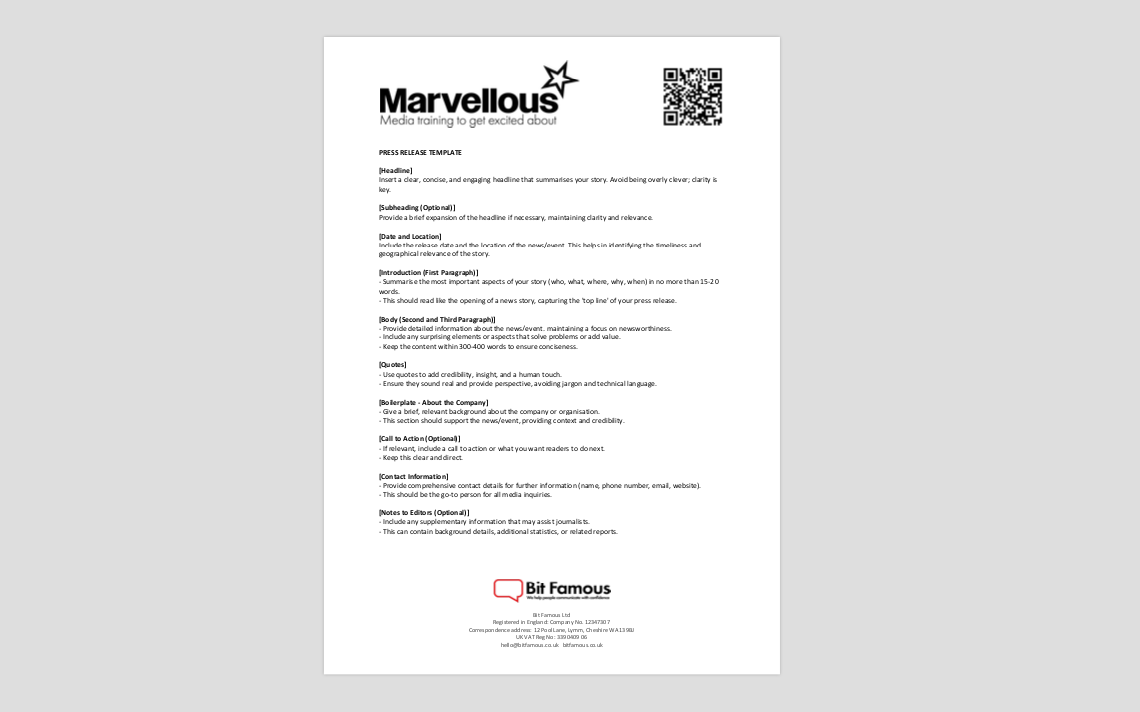
Free press release template (Word)
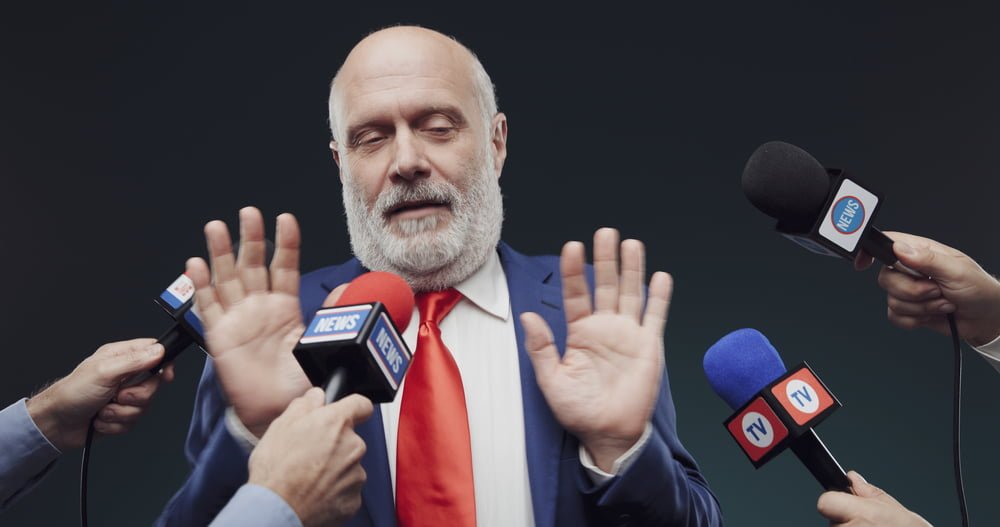
How do you handle a media question you don’t want to answer?
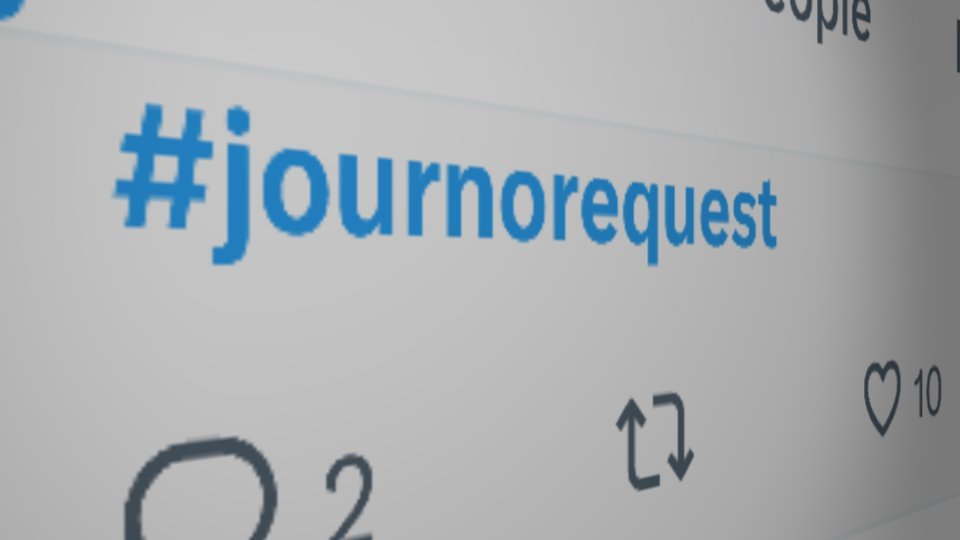
How to use #JournoRequest to get media attention for my business

How do I prepare for a TV interview online using Zoom, Teams or Skype?

How to appear on a business podcast

How to handle a difficult media interview
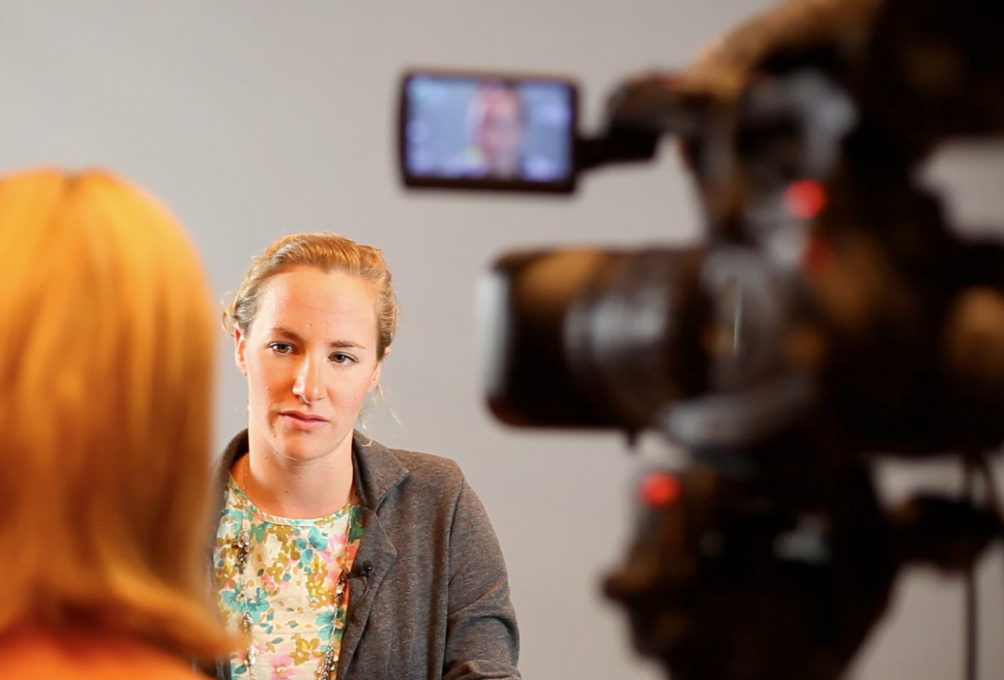
How to get featured in the media


